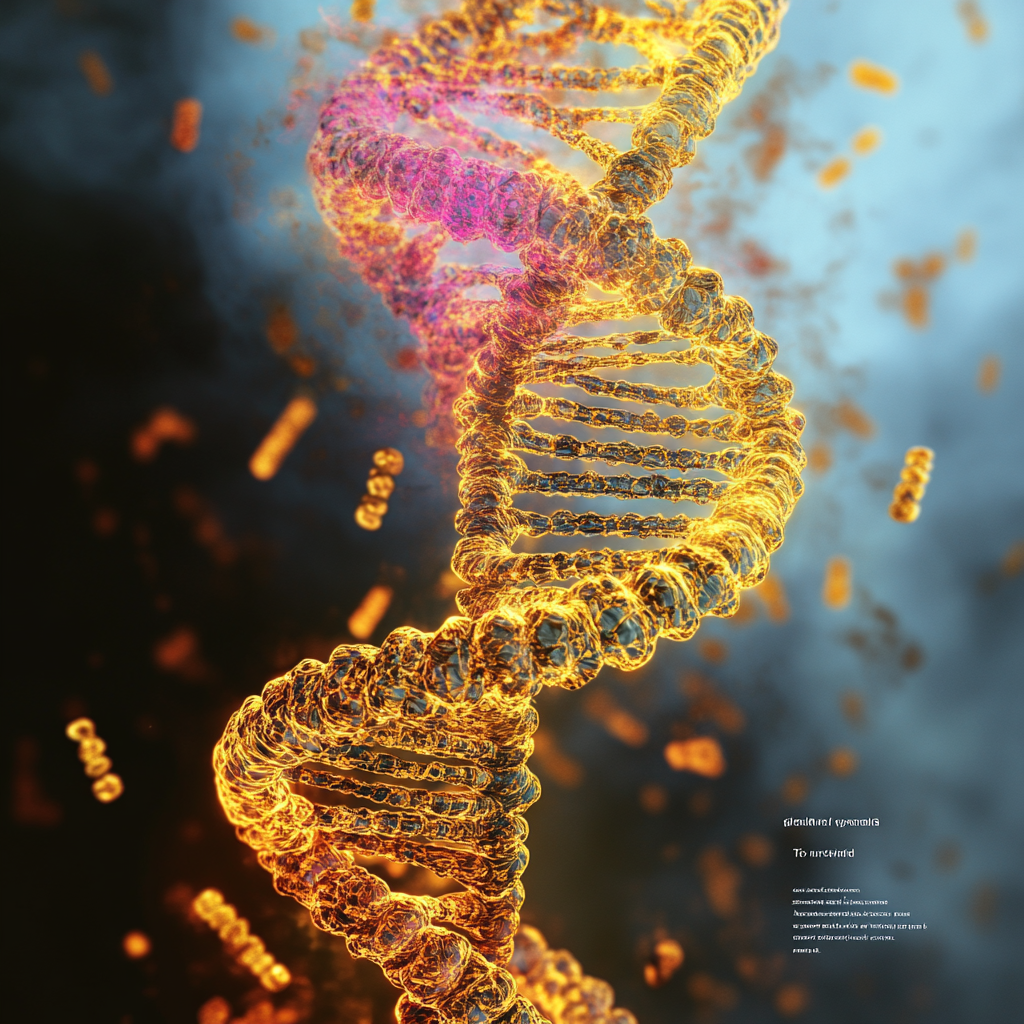Our Mission
We develop machine learning approaches to explore the transcriptional heterogeneity and plasticity in cancer. Our research bridges computational innovation and cancer biology with a focus on chromatin, transcription, and cancer evolution under treatment.
Research Focus
Highlighted Projects
Modeling Effects of Non-coding Variants
Predicting the effects of non-coding variants on chromatin accessibility and enhancer-promoter interactions. [ASAP, UniversalEPI]
Cancer-Specific Foundation Model
Developing a foundation model for single-cell transcriptomics in cancer. [CancerFoundation]
Discovery of Shared Transcriptional States
Evaluating methods for discovering common transcriptional states in tumors. [CanSig]
Tumor Cell States in EAC
Mapping transcriptional states in esophageal adenocarcinoma. [Cell Reports Medicine, 2025]
On Filtering Cells with High MT RNA in Cancer Studies
Showing that MT RNA-high cells in scRNA-seq are a viable, metabolically altered cell population. [Genome Biology, 2025]
DNA Methylation as a Field Cancerization Marker
Discovering DNA methylation changes in healthy tissue near colorectal polyps. [JNCI, 2024]
Survival Modeling with Knowledge Distillation
Fitting sparse survival models using deep model distillation. [Bioinformatics, 2024]
Multi-omics Model Robustness
Revealing the vulnerability of survival models to data noise. [Cell Reports Methods, 2023]
We are hiring postdocs and senior scientists. APPLY HERE!
We offer Bachelor's and Master's student projects in machine learning, bioinformatics, and cancer research. See opportunities →




